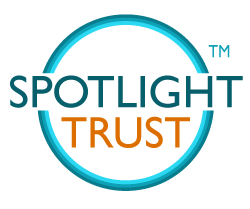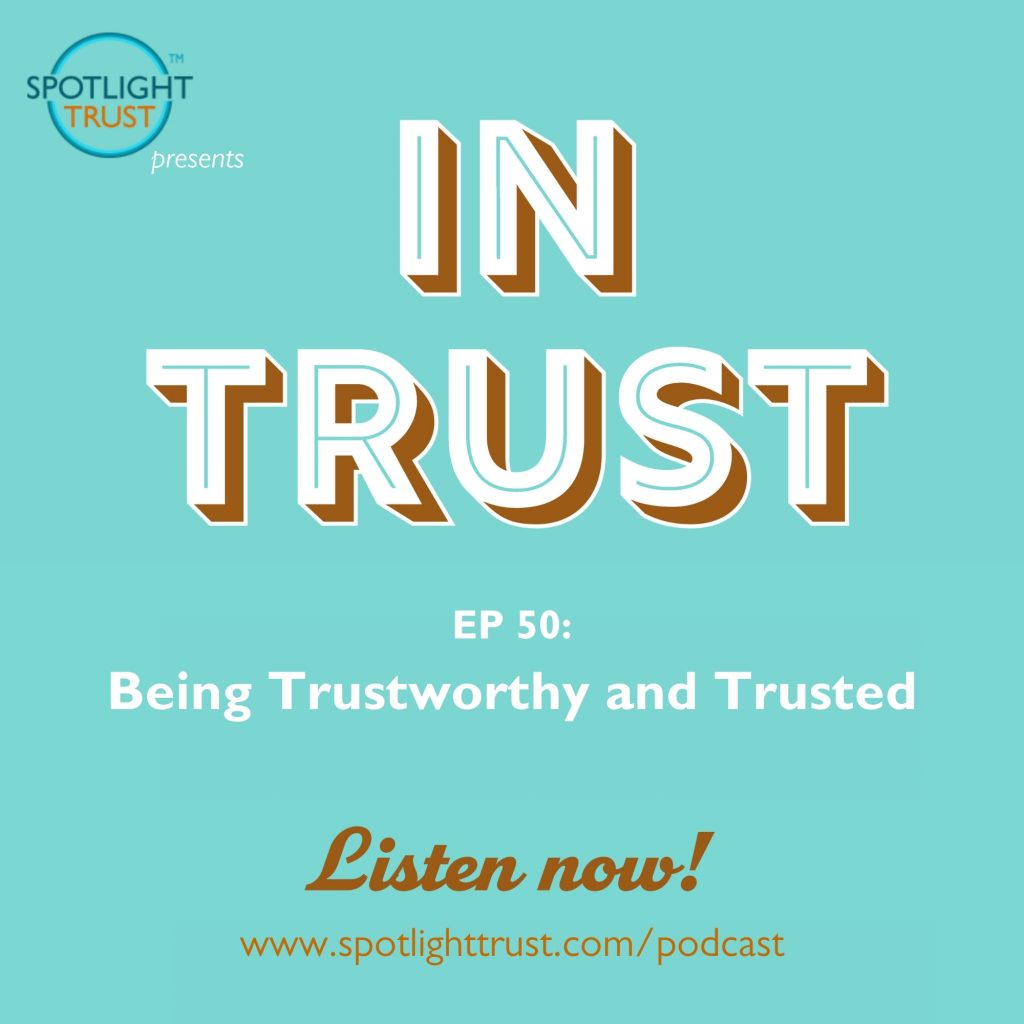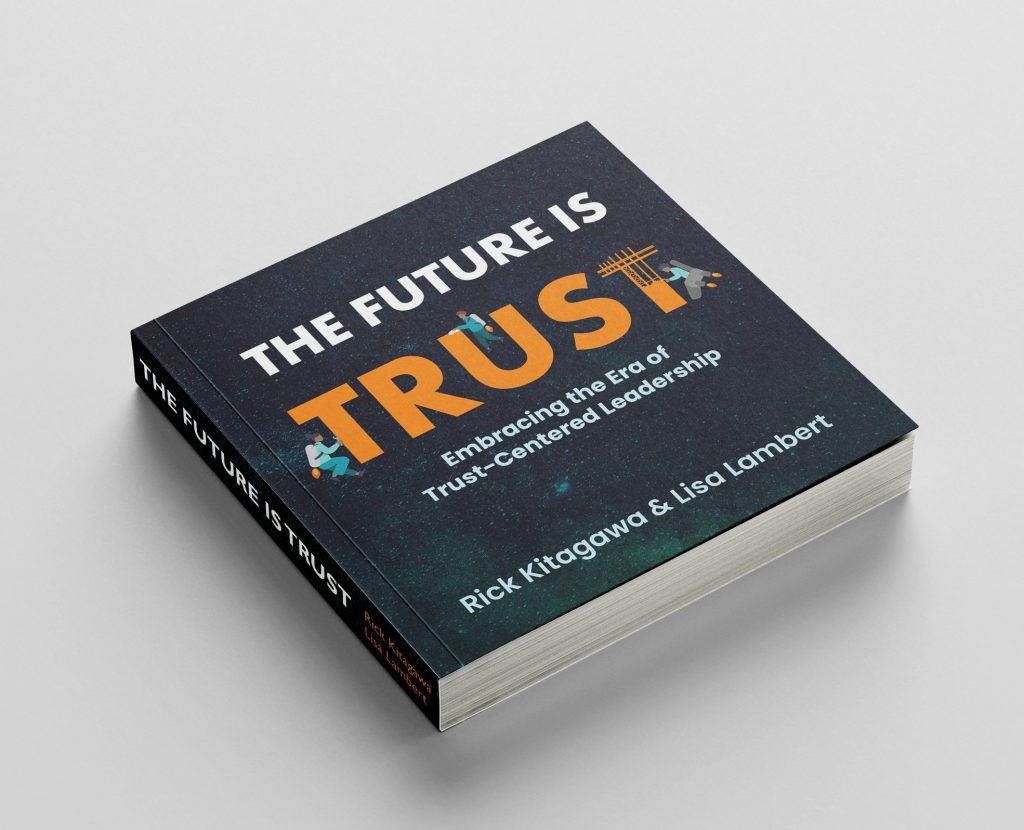What’s the difference between being trustworthy and being trusted? Why does it matter anyway?
For the 50th episode of the In Trust podcast, your trusted co-hosts, Spotlight Trust Co-Founders and Co-CEOs Rick Kitagawa and Lisa Lambert, unpack the semantics of the words trustworthy and trusted to surface practical insights for leaders wanting to better earn and extend trust.
If you’re curious about how you can more readily signal your trustworthiness so you can become trusted and how you can better discern who is worthy of your trust, you’ll want to give this episode a listen.
Overview of Episode 50: Being Trusted and Trustworthy
Talking Points
- What it means to be trustworthy, and how that’s different than being trusted
- Putting in the practice to earn trust consistently
- Being trustworthy, but not trusted and being trusted, but not trustworthy
- Doing the trustworthy thing isn’t enough to become trust
- The marketing needed to go from trustworthy to trusted
- How systems can get in the way of us trusting people who are trustworthy
- How bias around trust shows up hiring
- How over indexing for credibility can overshadow other trust facets
- What happens when there’s a mismatch in the demonstration of trustworthiness
- Signalling trustworthiness
- The importance of preparing for the difficult path when you’re on the easy one
- How first impressions influence trustworthiness
- How intentionality and authenticity play into trustworthiness
- Becoming trustworthy and trusted by being the best you that you can be
- You don’t decide if you’re trusted: other people do
- Understanding that some people will never trust you, and choosing to show up as a Trust-Centered Leader anyway
Quotables
“Trustworthiness is really about whether or not someone has the qualities and capacity to be trusted. It’s the worthiness of being trusted. Key to that is differentiating between trustworthiness and trusted because trusted is when someone else trusts you and trustworthiness is about are you deserving of that trust? And I think those can be two very, very different states.” – Rick Kitagawa
“We conflate being trustworthy and being trusted.” – Lisa Lambert
“We often take trust for granted and forget that we have to earn it. We have to consistently demonstrate that we are worthy of trust.” – Lisa Lambert
“There’s marketing around convincing others that you are trustworthy and that’s how you become trusted. Whether or not you’re trustworthy, so much of it is marketing.” – Rick Kitagawa
“There are so many leaders who care about their team. They want to build connection with their coworkers, clients, and peers. But if they’re not articulating that, they can come off as standoffish or that they’re just focused on work and not interested in the people.” – Rick Kitagawa
“We all have our off days. If we develop the practice and build up those muscles of being trustworthy so that we do become trusted, then when we do show up on an off day, people feel comfortable extending the benefit of the doubt towards us. They realize this is an anomaly because they’ve consistently seen us behaving in a trustworthy way up to this point. Our trustworthy behavior grants us grace on our off days.” – Lisa Lambert
“Trust isn’t a lightswitch. You can’t just go flick it on when you need it. Trust is more like a plant, whether it’s a seedling or a perennial, you have to continuously nurture it.” – Lisa Lambert
“When people see those micro cracks in that facade, you lose trust. And you actually lose more trust than if you just came out and said, ‘Hey, I’m a leader and I’m a human, too.’” – Rick Kitagawa
“Being trusted is really something that someone else makes a decision on, not you.” – Rick Kitagawa
This episode sponsored by:
The Future Is Trust
Embracing the Era of Trust-Centered Leadership
There’s a lot of uncertainty about the future, but one thing we are sure about is that The Future Is Trust. Which also happens to be the title of our Amazon bestselling book: The Future is Trust: Embracing the Era of Trust-Centered Leadership.
This reimagination of what a leadership book can be sheds light on:
- Why Trust: Why now, what’s changed, and what do we have without trust?
- What is Trust: The act of trusting–how it inspires belonging, resilience, and collaboration.
- How to Build Trust: Starting with ourselves, the foundational tools to wire all of our connections for trust.
Visit out thefutureistrust.com to order your copy and access special bonuses.







